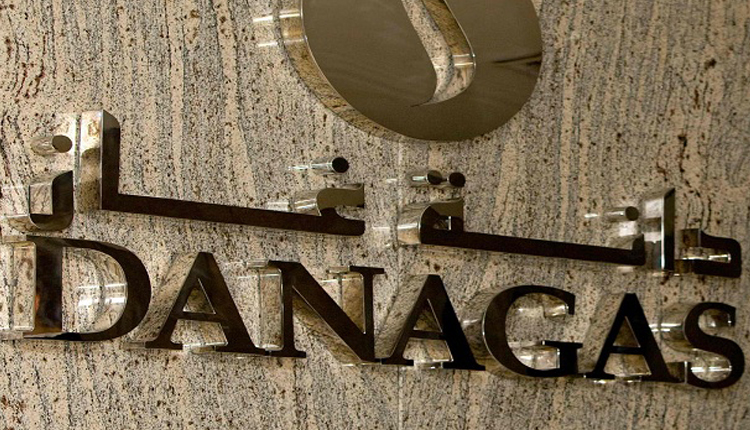Dana Gas seeks to use the proceeds from its Egyptian assets, which the United Arab Emirates-based company has been trying to sell, to pay down its sukuk, an Islamic bond which is due in October, Reuters reported on Friday.
The sale of Dana’s exploration and production assets in Egypt, which are onshore in the Nile Delta apart from Block 6 which is in the Eastern Mediterranean Sea, could be complicated by the recent plunge in oil prices.
“If a sale of these assets were to go ahead the proceeds of the sale would be used to pay down the sukuk as required by the terms of the sukuk,” Dana Gas, which is listed in Abu Dhabi, said in a bourse statement on Thursday.
Dana, which also operates concessions in Iraq’s Kurdish region, recently delayed a decision on whether to sell the Egyptian assets because of the coronavirus crisis, two sources close to the talks told Reuters.
On Wednesday, Dana said it had bought back roughly $17.8 million of its sukuk and that there would be approximately $379.6 million outstanding. The sukuk are trading at around 80 to 85 cents on the dollar, Refinitiv data shows.
Dana rocked the Islamic finance world in 2017 when it halted payments on $700 million in sukuk saying the instruments had become unlawful in the UAE. After a protracted legal dispute it reached a restructuring agreement with creditors in May 2018.
Selling its oil and gas assets in Egypt could prove challenging for Dana after oil prices collapsed this week, with U.S. crude oil futures below $0 on Monday for the first time.
Dana said in February it has received bids from a number of companies on the potential sale of its assets in Egypt.
Royal Dutch Shell launched a sale process for its Egyptian assets in November, but sources have told Reuters they expect a deal could be a long time in coming.
London-listed Pharos Energy said this week it decided to withdraw from a consortium evaluating Shell’s assets as it was “unlikely to be in shareholders’ best interests”.
Although chief executive Patrick Allman-Ward said in February that Dana could tap into its cash reserves to pay off its sukuk, some of its bondholders said that another restructuring could be on the cards.
Dana, whose cash reserves stood at $425 million at the end of the year according to the company’s publicly available financial statements, did not immediately respond to a request for comment when contacted by Reuters.
“I think the company is sending a signal to its sukukholders that a third round restructuring is coming,” one bondholder, speaking on condition of anonymity, said.
Another Dana investor said the market was factoring in that the company would use some of its cash to pay down some of the outstanding sukuk and refinance the remainder.
